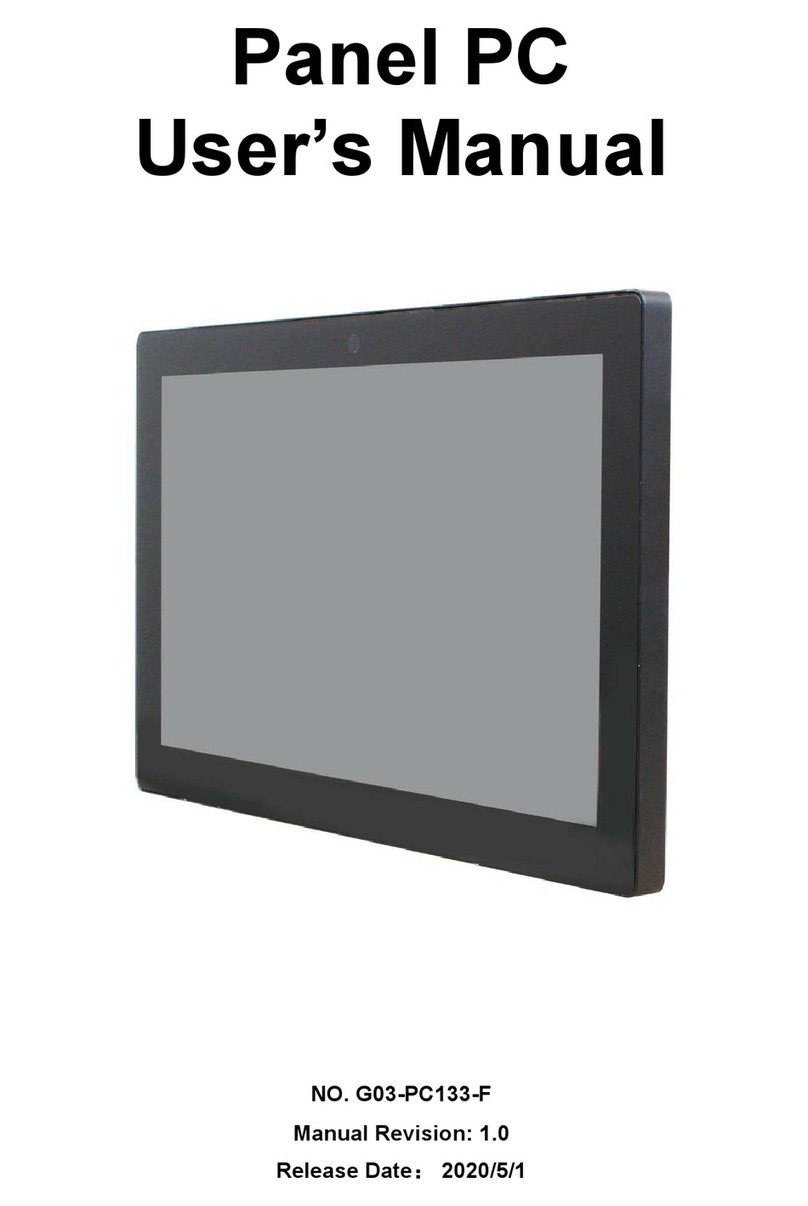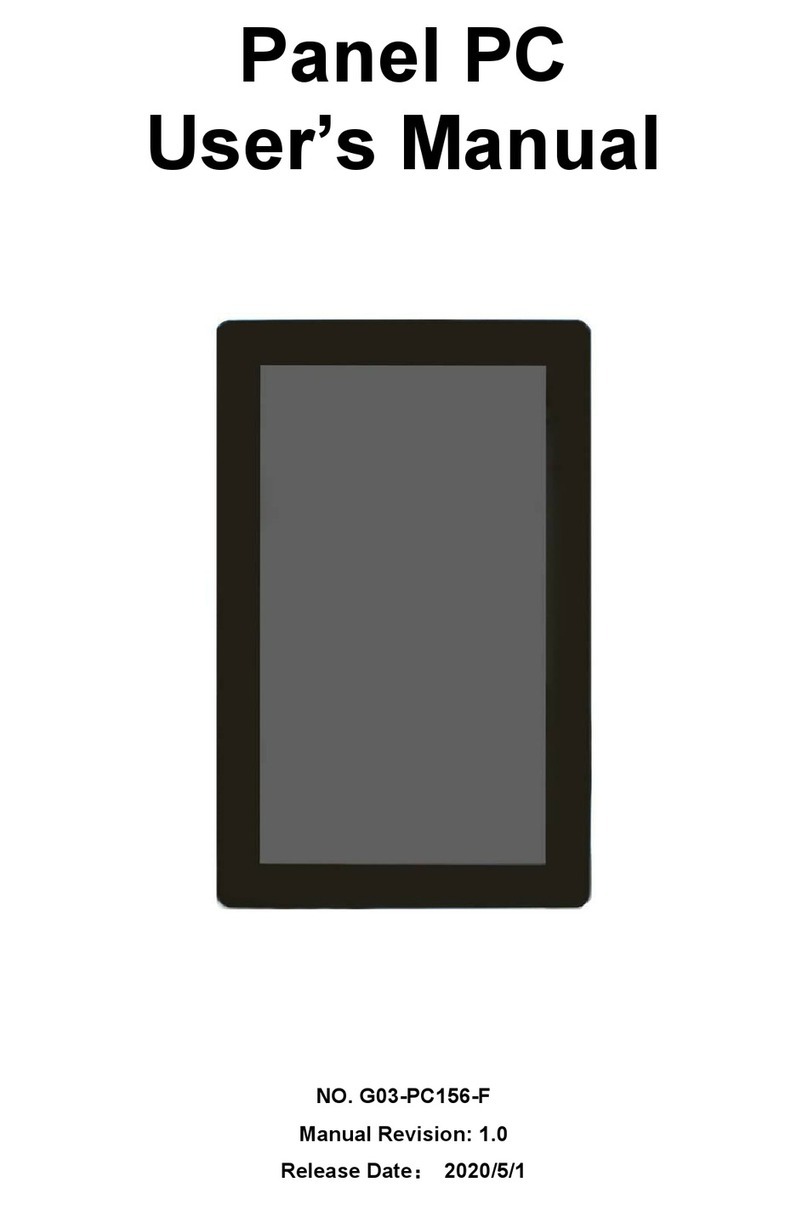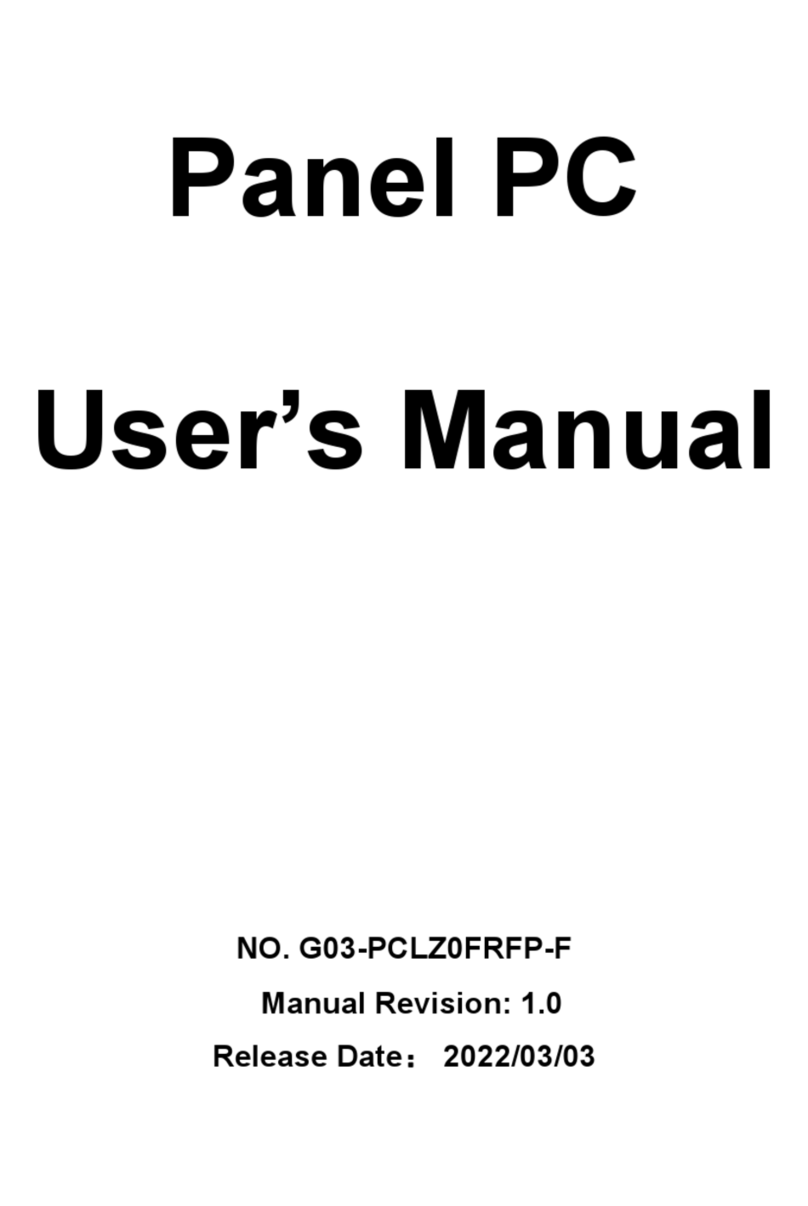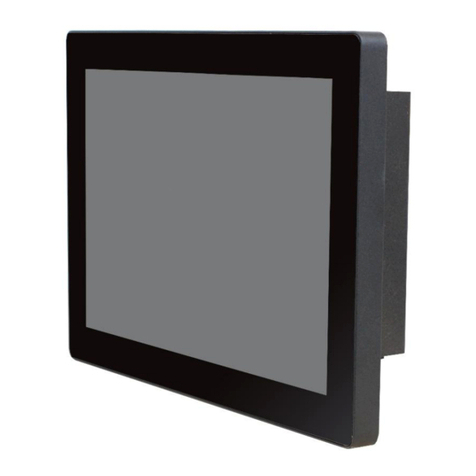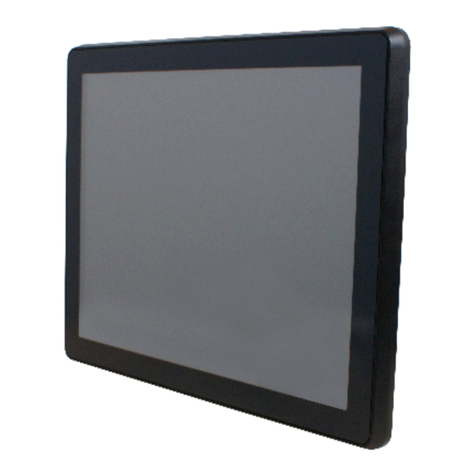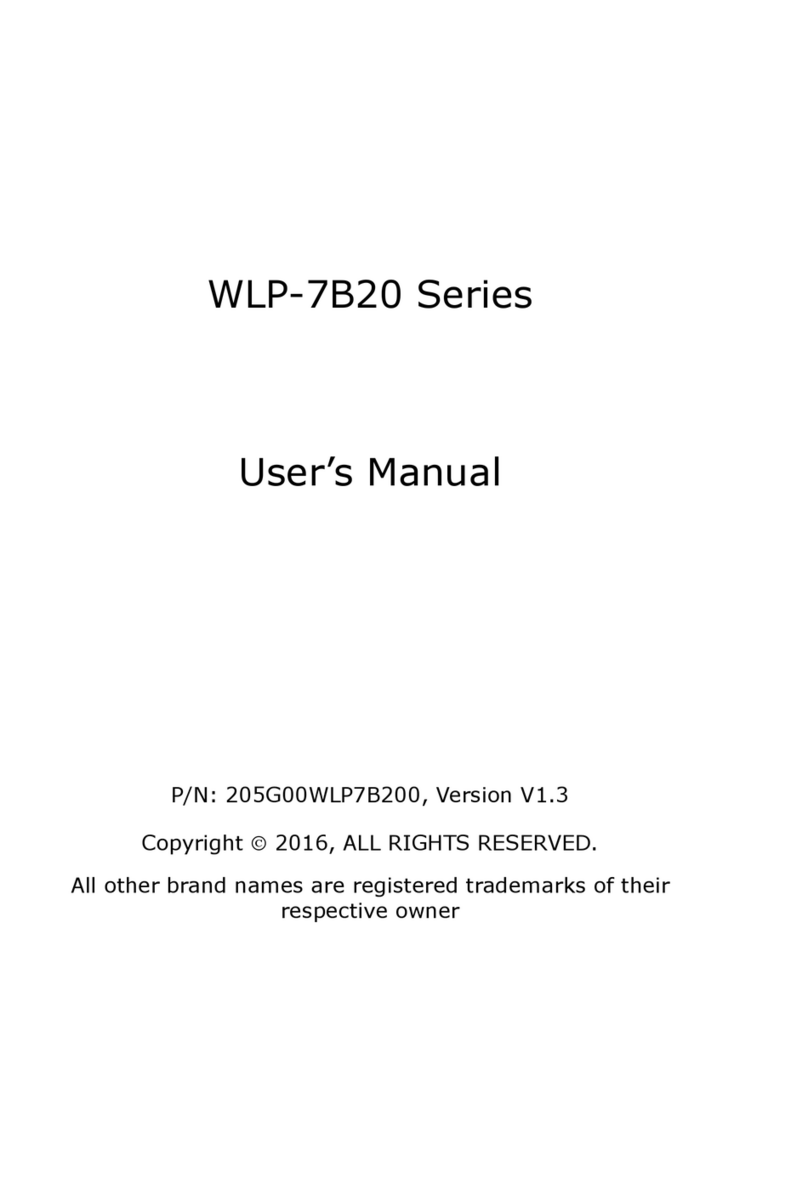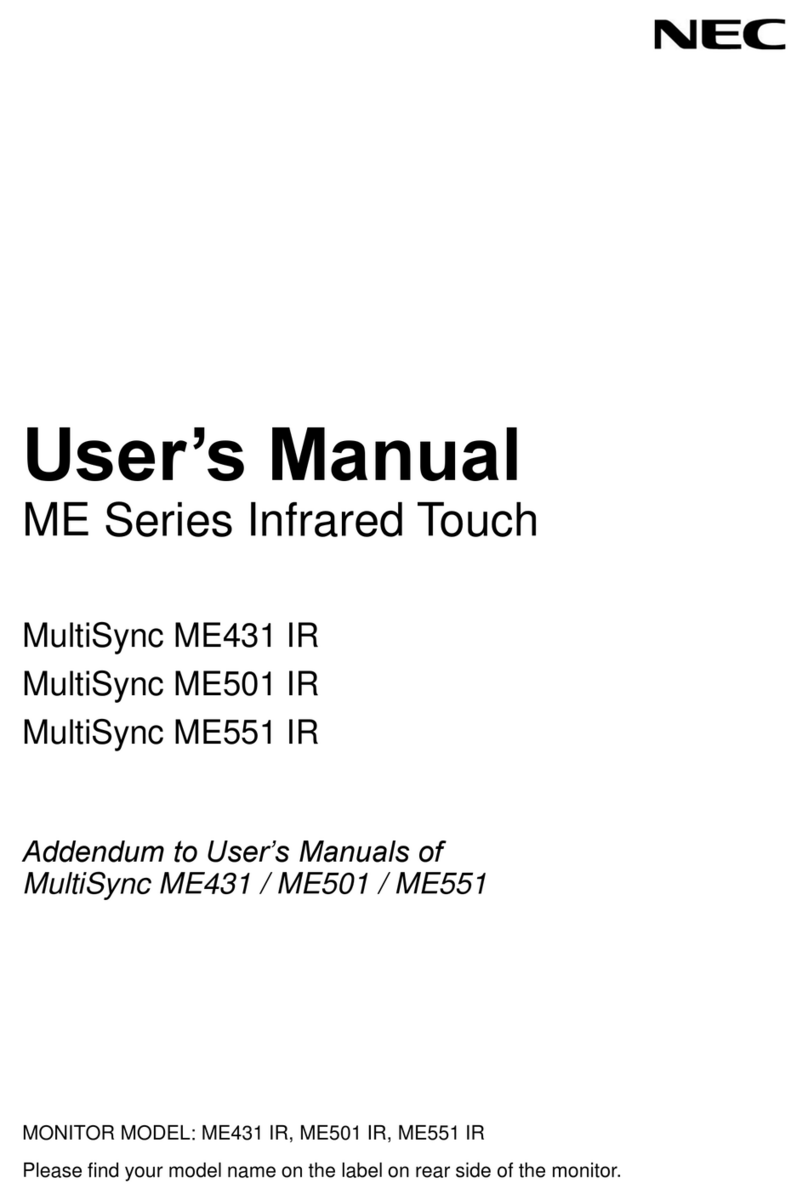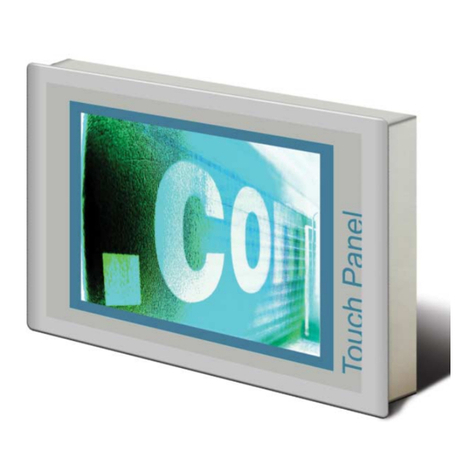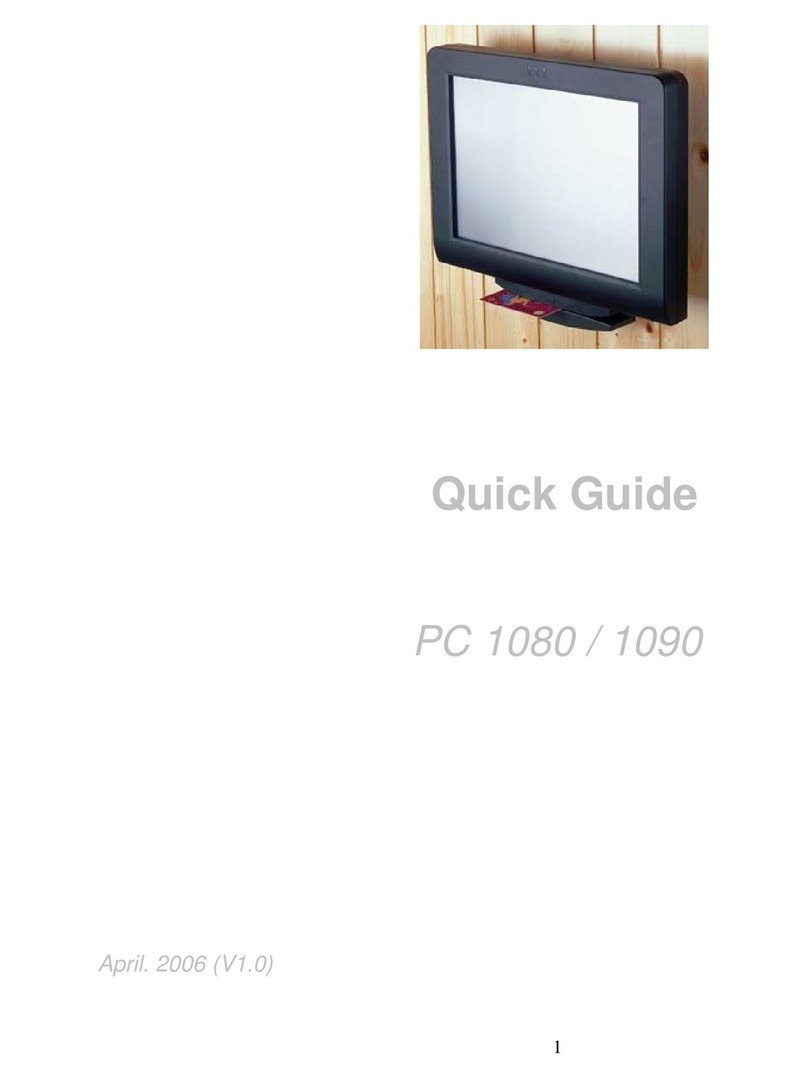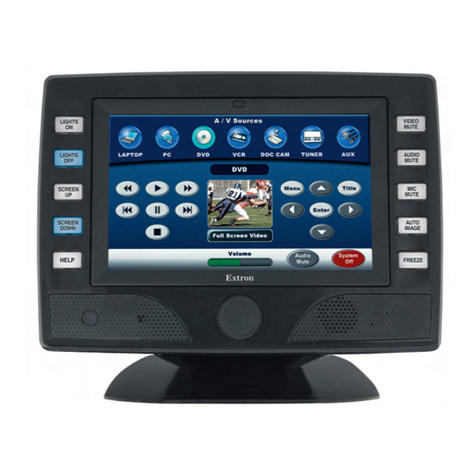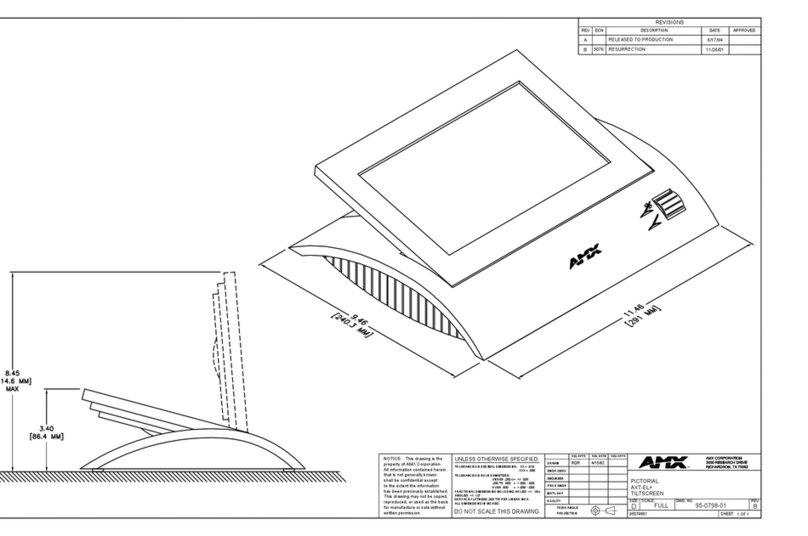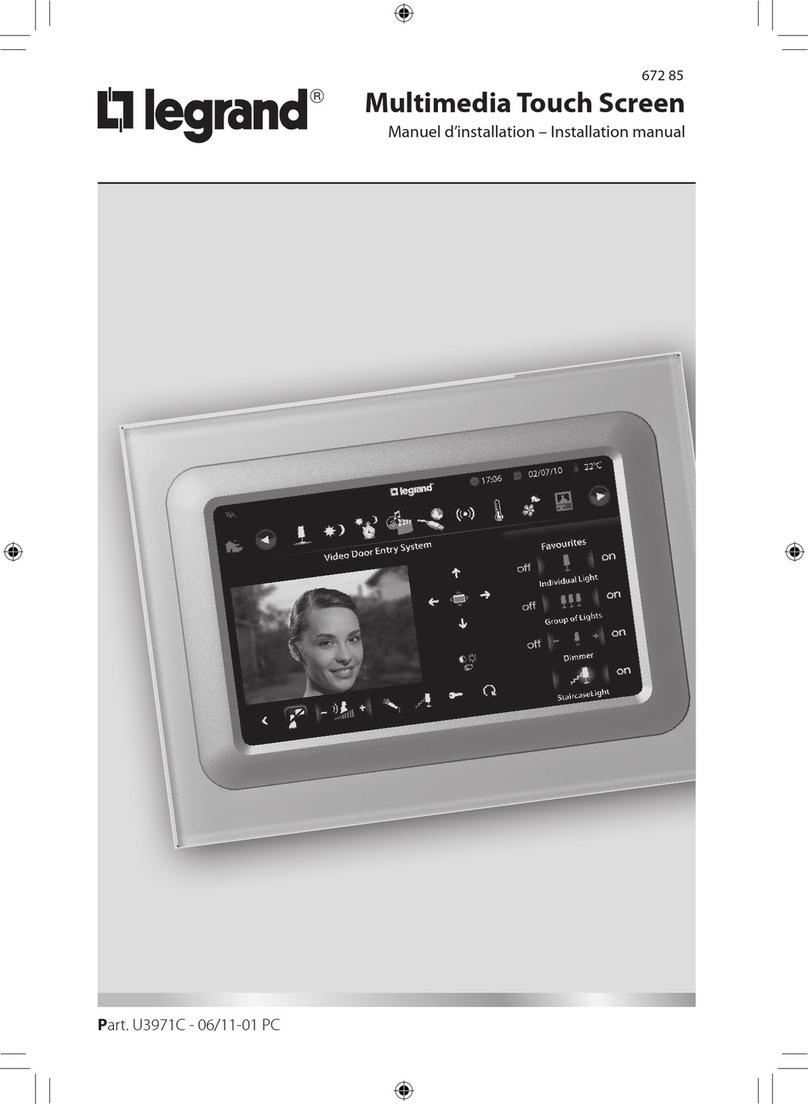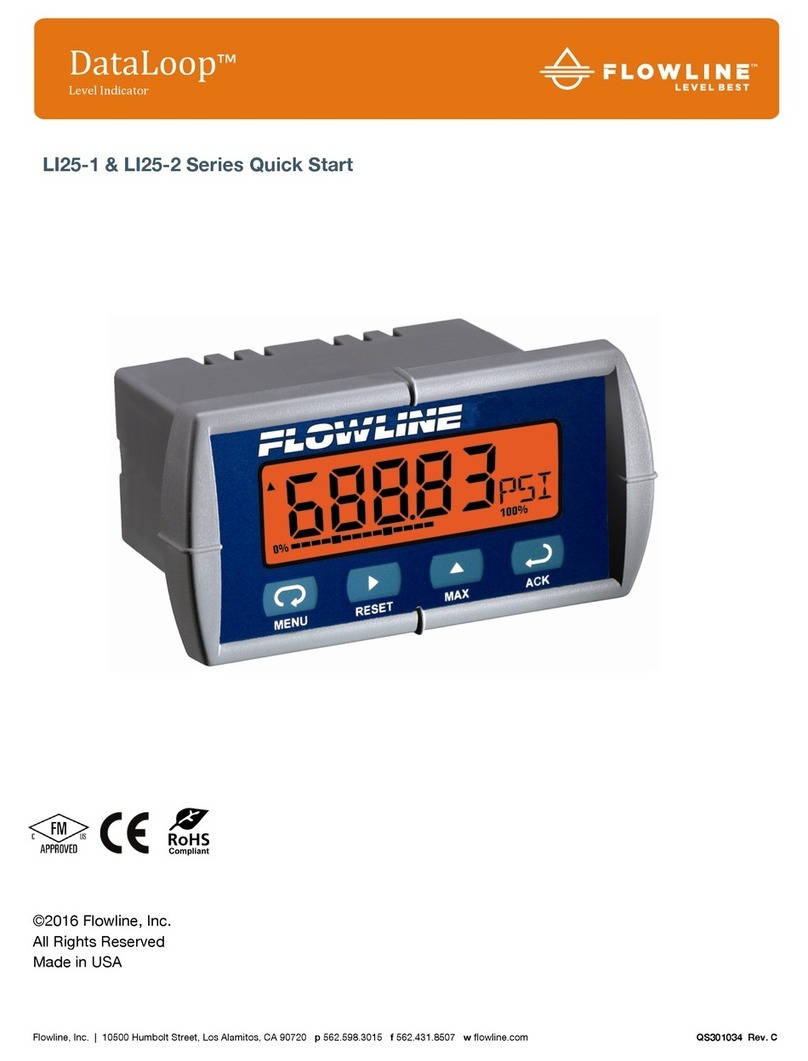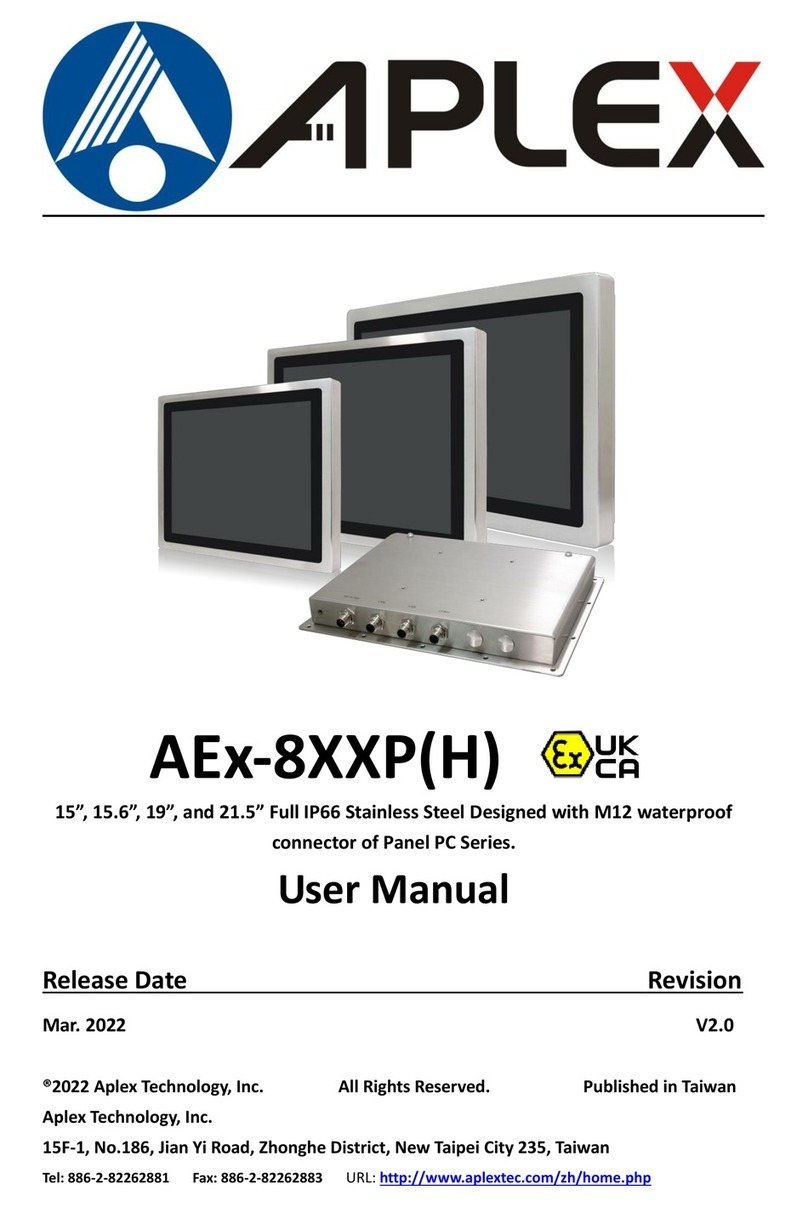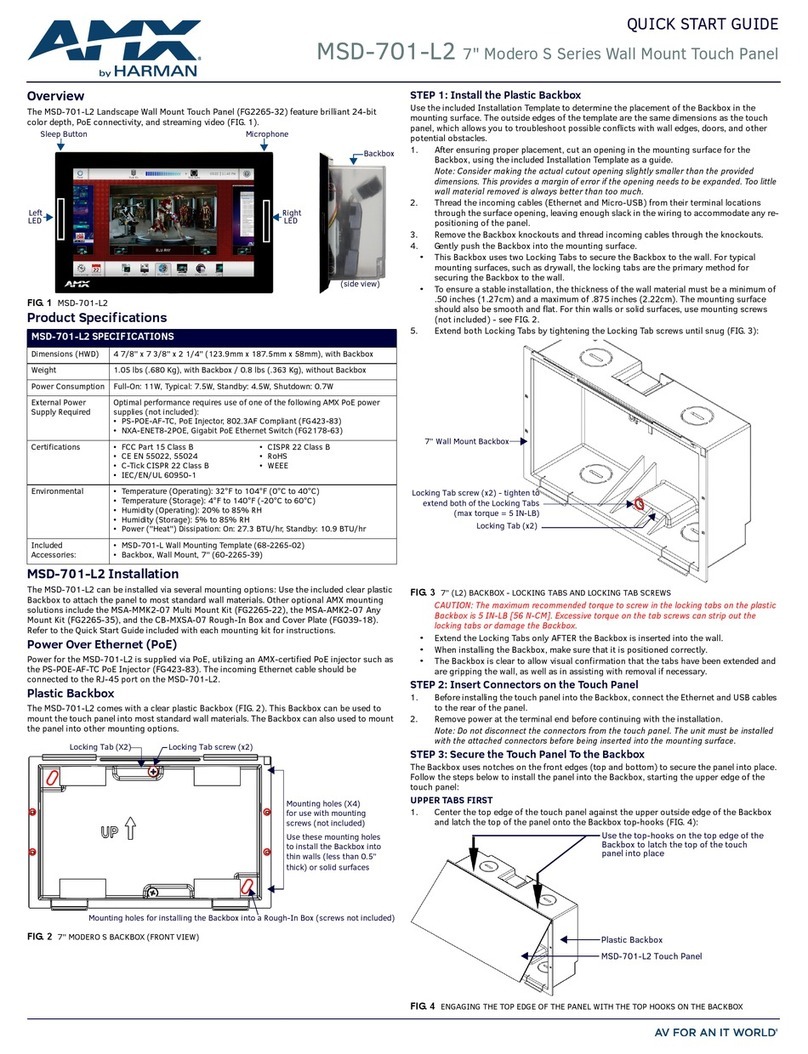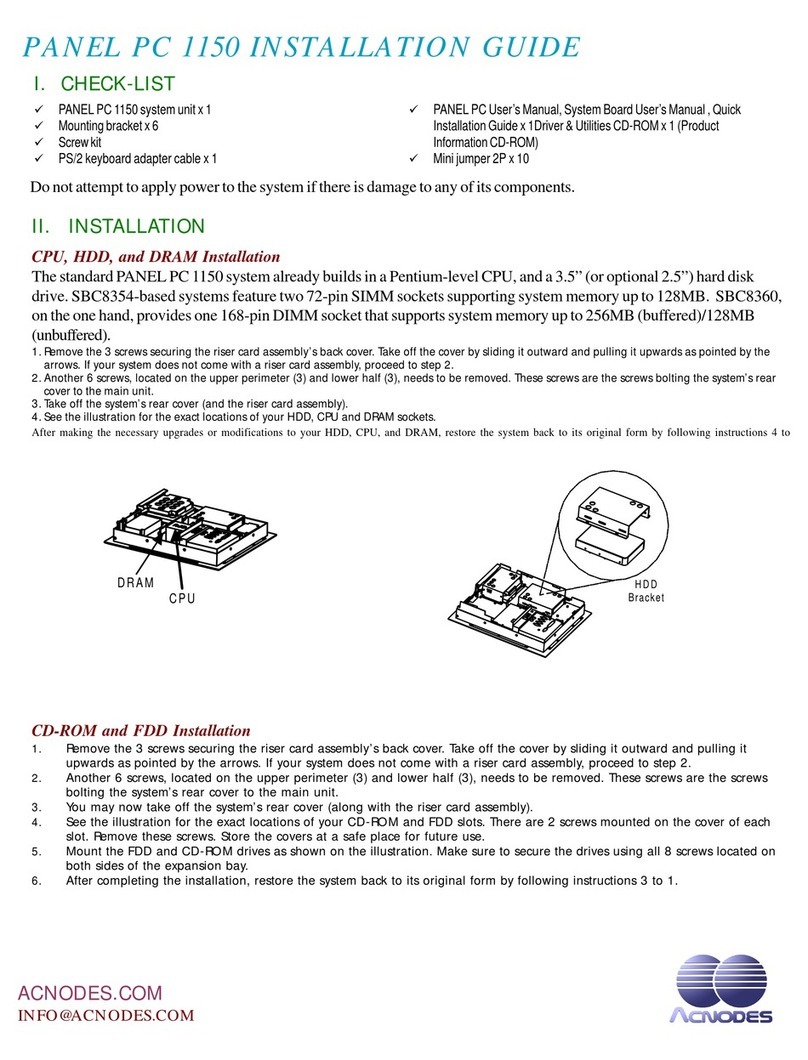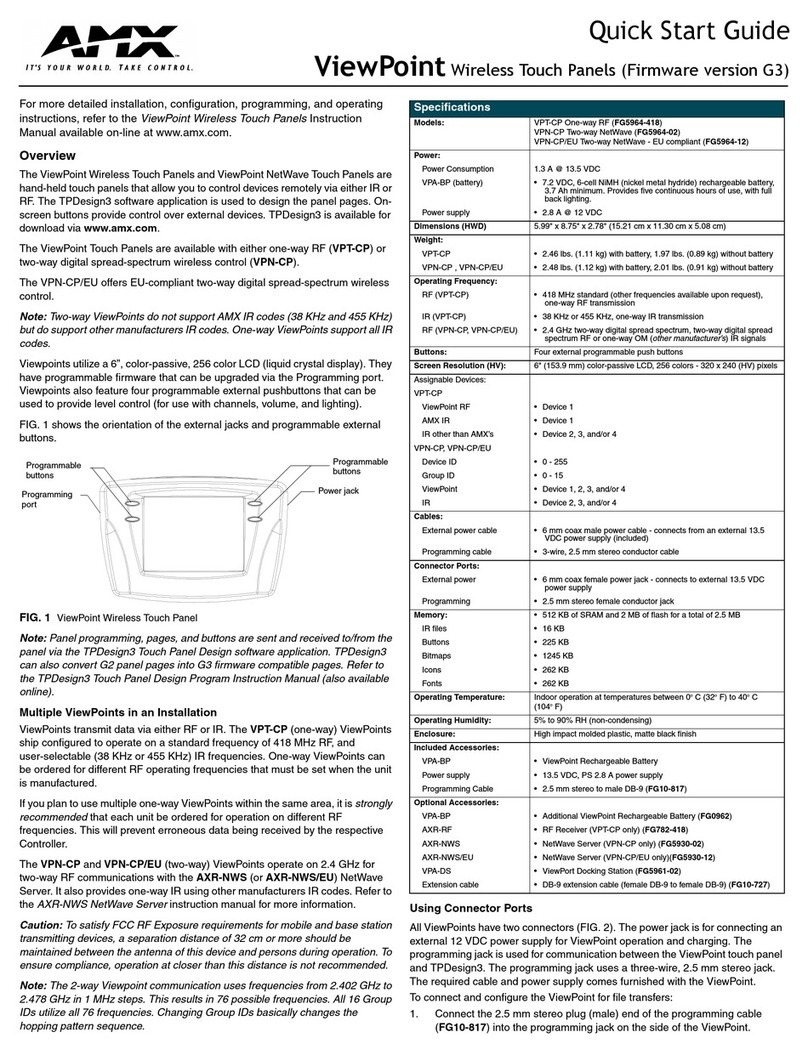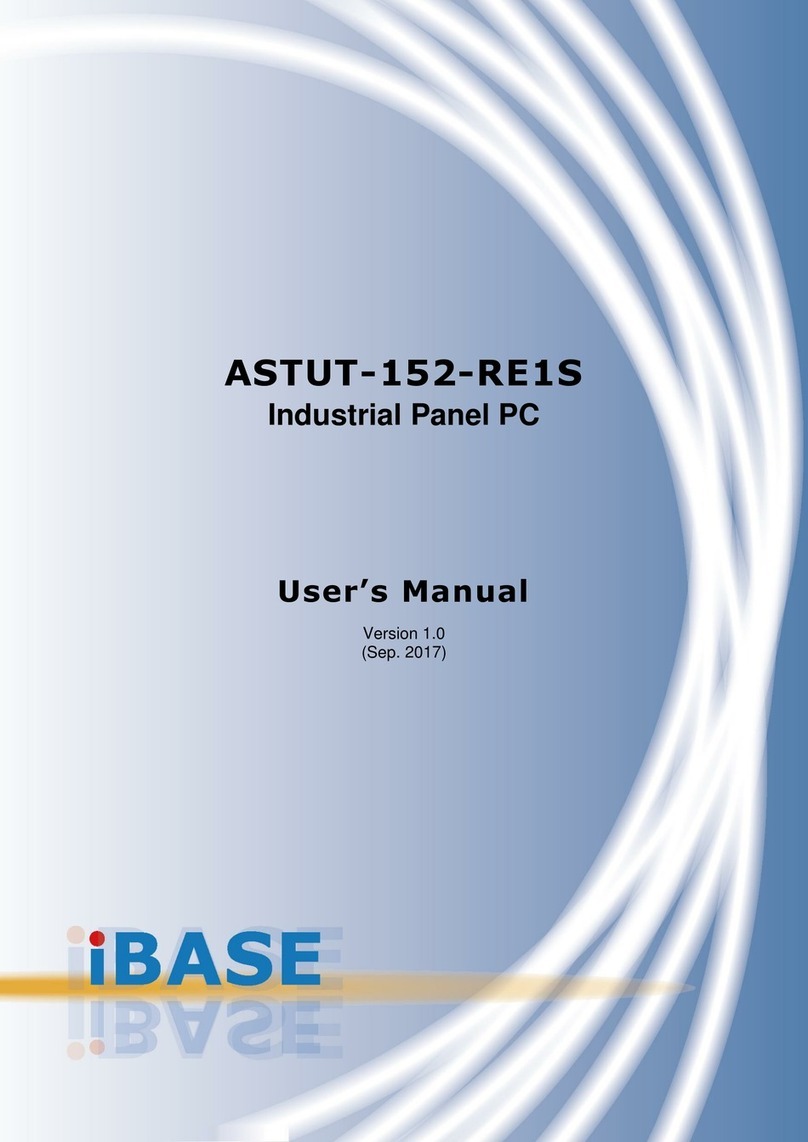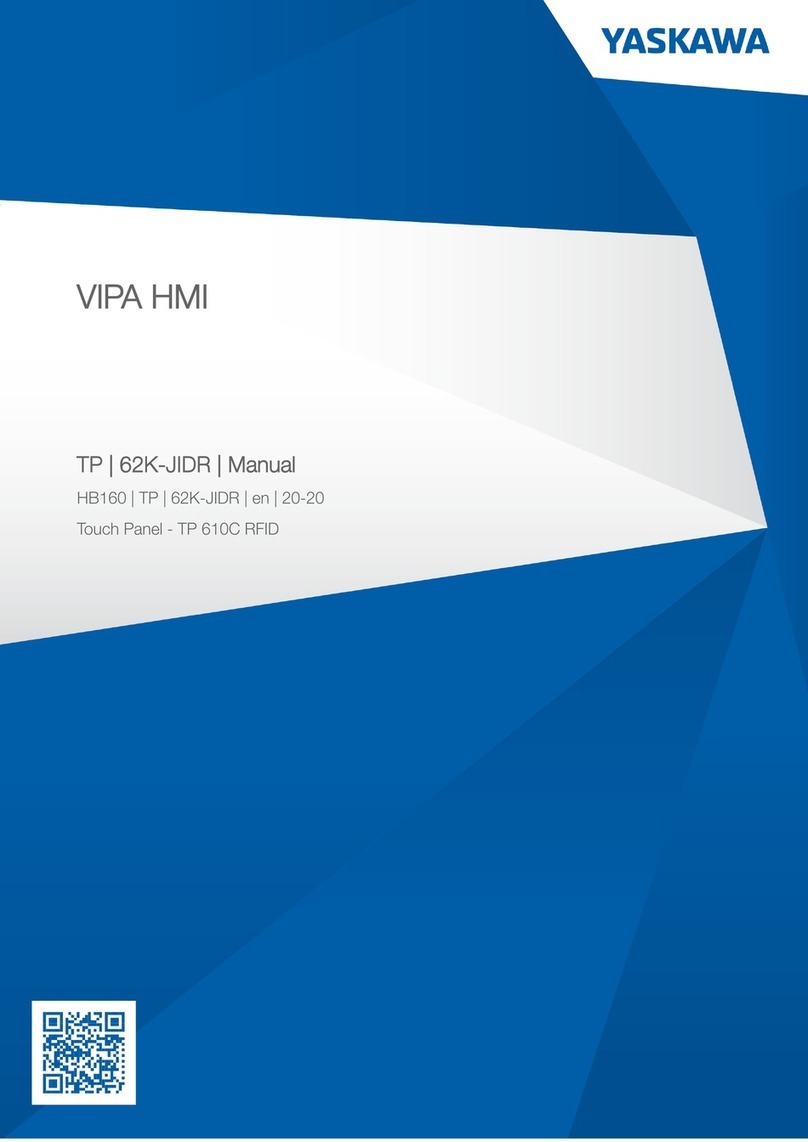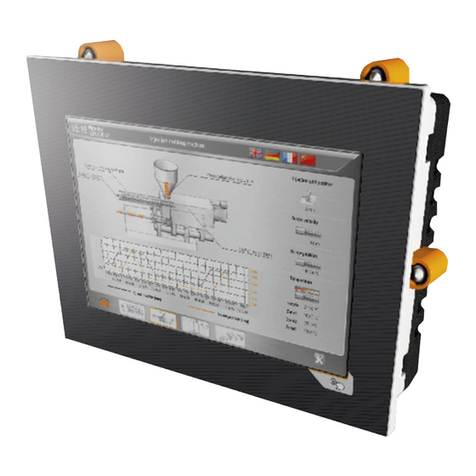Safety Precautions.............................................................................................................. ii
User’s Notice....................................................................................................................... iii
Package Contents............................................................................................................... iii
Environmental Protection Announcement ....................................................................... iii
Chapter 1 Introduction ..................................................................................................... 1
1-1 General Descriptions............................................................................................ 1
1-2 Specifications ....................................................................................................... 2
1-3 I/O Outlets ............................................................................................................. 3
1-4 Connector Pin Definition ...................................................................................... 5
Chapter 2 Hardware and Installation ............................................................................... 7
2-1 Dimensions and Outlines ..................................................................................... 7
2-2 To Open the Chassis ............................................................................................ 10
2-3 Jumper Settings.................................................................................................... 11
2-4 Hardware Installation............................................................................................ 14
2-4-1 To install HDD........................................................................................... 14
2-4-2 To install M.2 SSD Card ........................................................................... 15
2-4-3 To install Wireless LAN Card................................................................... 16
2-4-4 To install Optional USB Device Fixed Parts............................................ 18
2-4-5 To install Optional Chassis Fixed Parts .................................................. 19
2-5 To Affix Waterproof Silicone Strips ..................................................................... 20
Chapter 3 Introducing BIOS ............................................................................................. 22
3-1 Entering Setup ..................................................................................................... 22
3-2 BIOS Menu Screen............................................................................................... 23
3-3 Function Keys ...................................................................................................... 23
3-4 Getting Help ......................................................................................................... 23
3-5 Menu Bars ............................................................................................................ 24
3-6 Main Menu ............................................................................................................ 24
3-7 Advanced Menu ................................................................................................... 25
3-8 Chipset Menu ....................................................................................................... 32
3-9 Security Menu ...................................................................................................... 34
3-10 Boot Menu ............................................................................................................ 35
3-11 Save & Exit Menu................................................................................................. 36
Chapter 4 Touch Panel..................................................................................................... 37
APPENDIX ........................................................................................................................... 39
TABLE OF CONTENT
